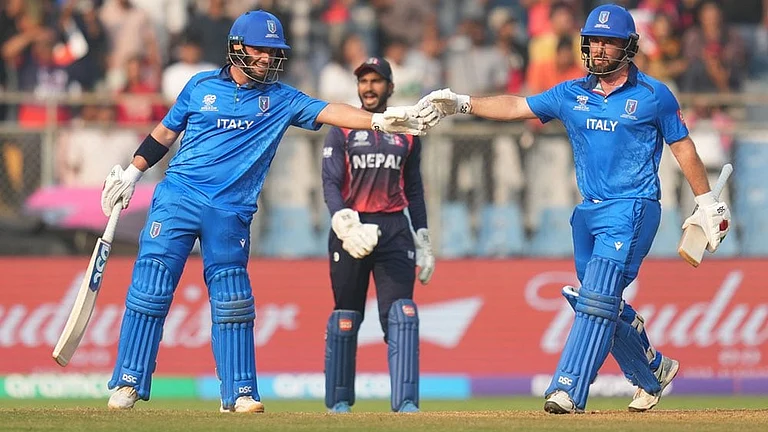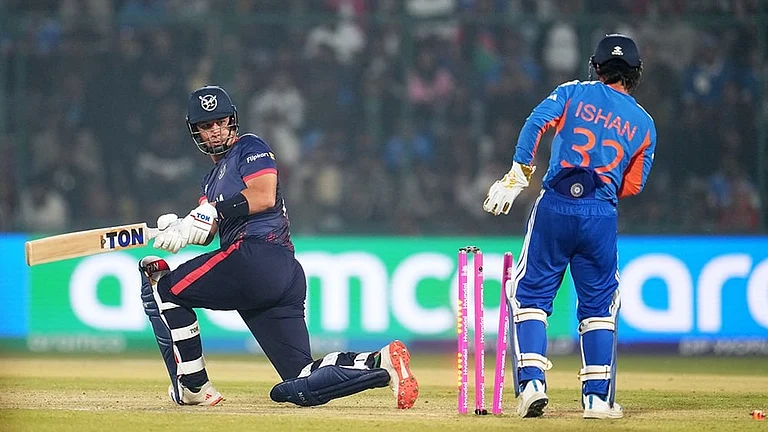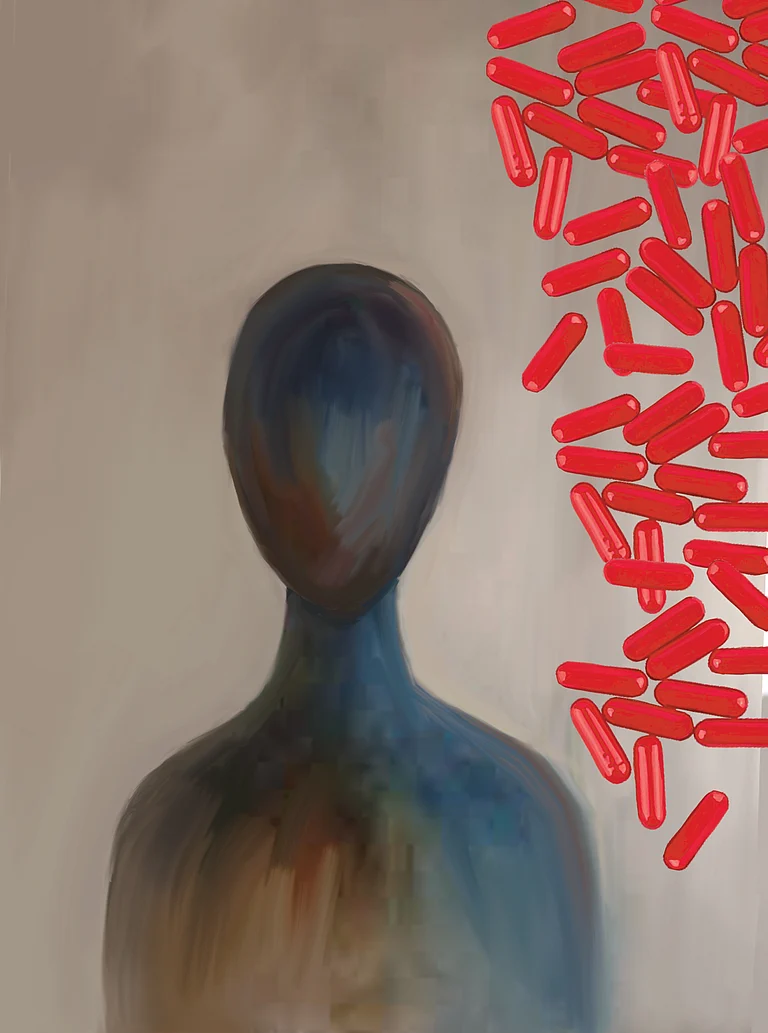The Supreme Court on Friday said that freebies at the cost of taxpayers' money can push states towards "imminent bankruptcy" and may lead to a situation where states may not provide basic amenities to people because of lack of funds.
The apex court also ordered that the pleas regarding freebies be listed before a three-judge bench, noting that the issues need "extensive" hearing.
The Supreme Court said though all electoral promises cannot be equated with freebies as they relate to welfare schemes or measures for the public good, fiscal responsibility cannot be dispensed with under the guise of electoral promises. It said these schemes are not only part of the Directive Principles of State Policy but are also a responsibility of the welfare state.
"Freebies may create a situation wherein the State Government cannot provide basic amenities due to lack of funds and the State is pushed towards imminent bankruptcy. In the same breath, we should remember that such freebies are extended utilising taxpayers' money only for increasing the popularity of the party and electoral prospects," a bench headed by Chief Justice NV Ramana said.
The SC's comments come in the midst of freebies versus welfare scheme debate that has sparked a political slugfest in recent weeks. Prime Minister Narendra Modi earlier compared called freebies to "revadi" —a sweet distributed during festivals— in a swipe at parties like Aam Aadmi Party (AAP) that make promises of free water and electricity before elections. The AAP reacted sharply to Modi's comments, saying that their governments are providing good healthcare and education which are not freebies.
The Supreme Court said that there can be no denying the fact that in an electoral democracy, the true power ultimately lies with the electorate.
"It is the electorate that decides which party or candidate comes to power, and also judges the performance of the said party or candidate at the end of the legislative term, during the next round of the elections. This Court has generally stayed its hand when confronted with issues relating to a policy or fiscal matters concerning the State, as the same falls outside the ambit of the Court's jurisdiction," the SC bench, also comprising Justices Hima Kohli and CT Ravikumar, said.
It further noted there are certain preliminary issues that may be needed to be deliberated upon in these petitions. The issues included the scope of judicial intervention with respect to the reliefs sought in these pleas, whether any enforceable order can be passed by this court in these writ petitions and whether the appointment of a commission/expert body by the court would serve any purpose.
The bench said it was argued before it that the 2013 judgement delivered by a two-judge bench of the apex court in the matter of S Subramaniam Balaji vs The Government of Tamil Nadu and others required reconsideration.
"Looking into the complexities of the issues involved and the prayer to overrule the judgement rendered by a two-judge bench of this court in Subramaniam Balaji, we direct listing of the set of petitions before a three-judge bench after obtaining the orders from the Chief Justice of India," it said.
In its 2013 judgement, the apex court had noted that after examining and considering the parameters laid in section 123 of the Representation of People Act(RPA), it arrived at a conclusion that the promises in the election manifesto cannot be read into section 123 for declaring it to be a corrupt practice.
The apex court on Friday said the pleas would be listed after four weeks.
The bench was deliberating on pleas including the one filed by advocate Ashwini Kumar Upadhyay opposing promises of freebies by the parties during polls. The petitions wanted the Election Commission to invoke its powers to freeze the election symbols of these parties and cancel their registration.
While hearing the matter on August 23, the apex court had observed that all political parties were in favour of freebies and due to this a judicial attempt has been made to deal with it.
"On this issue, I can say all political parties are on one side including BJP. Everybody wants freebies. That is the reason we made an attempt," the bench had observed.
(With PTI inputs)


























